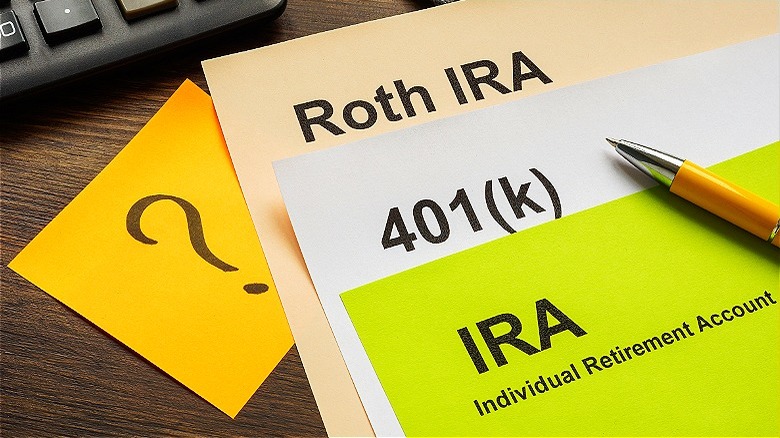Will Biden's Tax Hike Affect Your Retirement?
You've probably heard of President Joe Biden's recently announced budget proposal for fiscal year 2025. Notably, the budget includes some big tax rate changes. From cracking down on tax avoidance to raising tax rates on large corporations, the administration hopes not only to correct tax breaks put in place in 2017 but also to close loopholes that have allowed many to avoid paying higher taxes on their earnings.
It's important to realize that the administration's focus is primarily on collecting higher taxes from individuals earning more than $400,000 a year (as well as large corporations). These increased taxes will not only help to fund things like Medicare and infrastructure projects but also hopefully cut taxes for low-income individuals. This budget estimates it would cut taxes for roughly 19 million working individuals or couples (2 million of which are workers over age 65). Also, while most of us will not experience the increase in taxes, there are some potential domino effects of these tax proposals that could affect your retirement accounts, among other things.
For many Americans, retirement can increasingly feel like a moving goalpost. In fact, according to Northwestern Mutual's 2024 Planning & Progress Study, the magic number (i.e., the amount people believe they'll need to retire and live comfortably) for U.S. adults is now a whopping $1.46 million, a 53% increase since 2020. However, despite this, most people have not been able to place more into retirement since the pandemic. This has caused an even wider gap than ever before between people's actual current savings and their financial goals.
Roth IRAs changes
As of the 2023 tax year, if your individual income exceeded $153,000 or your married dual income exceeded $228,000, then you weren't allowed to contribute to a Roth IRA. Yet, many people are able to work around this block by doing something known as a Roth conversion. These conversions have historically allowed anyone (regardless of their income level) to convert all or part of their existing traditional IRA or 401(k) plan into a Roth IRA.
This workaround was primarily used so that people could pay a lower income tax rate on the money they converted now, with the expectation that their income would increase later, ensuring they paid a lower tax rate on their retirement income. Under President Joe Biden's proposed 2025 budgets, this maneuver would be prohibited for high-income taxpayers earning more than $400,000 (or $450,000 for married couples), eliminating so-called backdoor Roth IRA conversions.
Backdoor Roth contributions involve converting traditional (i.e., nondeductible) IRA contributions into a Roth IRA even if the individual's income is too high to technically make a straight Roth IRA contribution. People who rely on backdoor contributions typically avoid tax consequences by doing so and the administration hopes to eliminate these types of intentional side steps. (You can also visit our guide on how to open an IRA if you're below the income limit and curious about the process.)
Could these tax hikes affect you?
While most of the tax rate changes are geared toward high-income individuals, these changes could still affect you. A good example is how these tax hikes might affect the stock market. If tax increases trigger widespread market sell-offs, your retirement portfolio might be affected. Since most 401(k) plans are invested in the market, any potential market volatility and drop-off could negatively impact your retirement savings. The same can go for any economic downturns and/or recessions that might occur. While the Federal Reserve attempts to keep inflation down by keeping interest rates up, it's still difficult to know with any certainty if the country will experience a soft landing or not.
Another thing worth considering is President Biden's proposed changes to capital gains tax. He has proposed doubling the capital gains taxes for investors making over $1 million. While this might not seem like it would affect you, it could be a problem if you live in a hot housing market in the country and are looking to sell. Since the IRS considers property (like your home) to be a capital asset, you might find yourself in a different bracket. Currently, filers are exempt from paying capital gains taxes on the first $250,000 and $500,000 of a home sale if they lived in the home for at least two years before the sale date. However, if the proposed $1 million threshold is approved, home sellers could face higher capital gains tax rates in more expensive property value areas.


